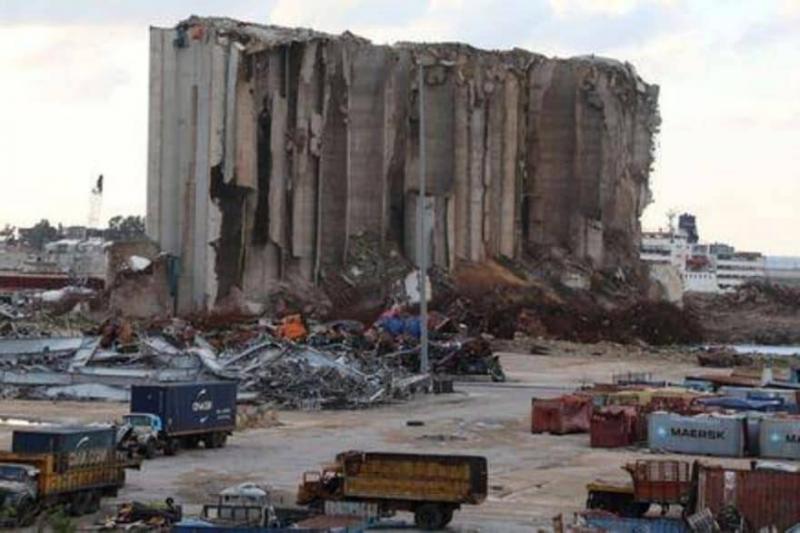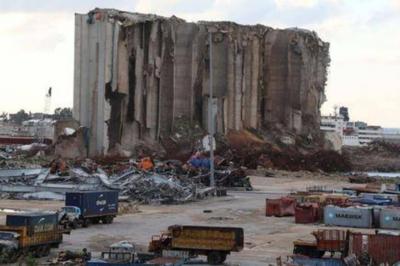The American Federal Bureau of Investigation (FBI) concluded after the explosion at the Port of Beirut last year that the amount of ammonium nitrate that exploded was only about 20 percent of the original shipment that was unloaded there in 2013. This raises suspicions and deepens doubts about the loss of a significant quantity before the explosion.
As the first anniversary approaches on August 4th, questions continue to arise, such as how a massive quantity of ammonium nitrate, used in making bombs and fertilizers, was stored in the capital under conditions that did not meet basic safety procedures for years. The horrific explosion was one of the most severe non-nuclear detonations recorded in history, resulting in the deaths of more than 200 people, thousands of injuries, and the destruction of vast areas of Beirut.
The report, published on October 7, 2020, and reviewed by Reuters this week, estimated that approximately 552 tons of ammonium nitrate exploded that day, a quantity much less than the original shipment weighing 2754 tons, which arrived on a chartered ship from Russia in 2013. The FBI report does not offer any explanation for the discrepancy between the quantity that exploded and the quantity that reached the port, nor does it clarify what happened to the rest of the shipment.
In response to a request for comment, a spokesperson for the FBI referred Reuters to Lebanese authorities. FBI investigators arrived in Beirut after the explosion at the request of Lebanon. A senior Lebanese official aware of the FBI report and its findings stated that Lebanese authorities agreed with the bureau regarding the amount of material ignited in the explosion. Many officials in Lebanon had previously stated in private sessions that they believed a significant quantity of the shipment was stolen.
The ammonium nitrate shipment was en route from Georgia to Mozambique on a Russian-chartered freighter when the captain was instructed to stop in Beirut and load additional cargo, which was not part of the original itinerary. The ship arrived in Beirut in November 2013 and was unable to leave until the explosion, having fallen into a long legal dispute over port fees and flaws in the vessel.
The senior Lebanese official denied reaching any definitive conclusions about the reasons for the shortfall in the quantity that exploded compared to the original shipment size. One theory suggests that part of it may have been stolen. The official added that a second theory speculates that only a portion of the shipment exploded while the remainder was scattered into the sea.
The FBI report stated, "The amount of ammonium nitrate that exploded in warehouse number 12 is estimated to be around 552 metric tons." It noted that the warehouse was large enough to accommodate the entire 2754-ton shipment, which was packed in bags weighing one ton each. However, it added, "The assumption that it was all present at the time of the explosion defies logic."




